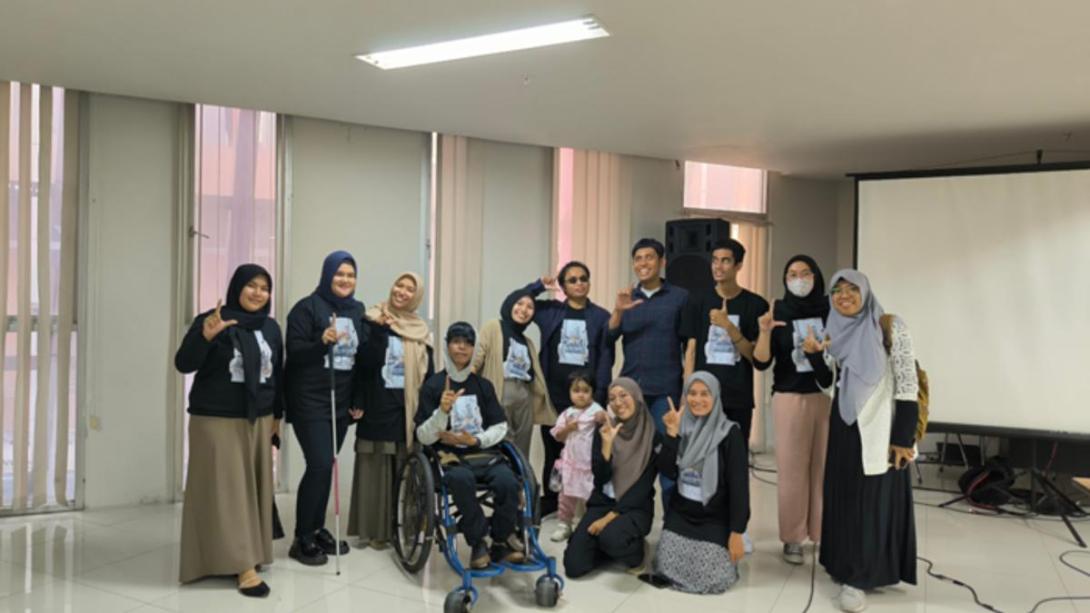
“This project is important as part of a campaign to raise awareness among policymakers… and to inspire individuals with disabilities to courageously pursue their aspirations through education.”
The goal of the project is to lift the educational capacity of all people with a disability in Makassar
Main Objectives:
- To document the experience of past and current students with disabilities attending the University of Makassar and identify barriers and the needs of students with disabilities
- To develop recommendations based on the insights gained, and my experience of how New Zealand students with disabilities are supported at university level
- To share this experience and the recommendations with the Government in Makassar, key stakeholders, the wider community, local universities and students through a resource to support an enhanced quality of education for students with disabilities, as well as and build public awareness of the rights of students with disabilities
- To build a network of students with disabilities at university in Makassar so that they can support each other
- To strengthen PerDIK’s credibility as a key organisation advocating for the improvement of education for students with disabilities
The project led by Nur Syarif Ramadhan aimed to improve the educational experiences of university students with disabilities in Makassar, Indonesia, by documenting their challenges, building supportive communities, and advocating for policy changes. Initially delayed by the COVID-19 pandemic and personal organizational challenges, the project was implemented over four years. It began with in-depth interviews with 10 students with disabilities (blind, deaf, and physically disabled) and evolved into a book titled “Winning Inclusion: Stories of Experiences of Disabled Students in Makassar.” The book was launched at Universitas Negeri Makassar with over 250 attendees, followed by local media coverage and advocacy efforts.

Despite initial plans being disrupted, the project expanded its reach significantly. A community of 45 disabled university students from six campuses was formed, meeting regularly for peer support and capacity building. These students not only gained digital skills for online learning but also succeeded in advocating for two universities (Universitas Hasanuddin and Universitas Negeri Makassar) to establish disability service centers. The project also sparked policy-level advocacy, with the book being proposed as a reference in South Sulawesi's 2024–2029 development plan and shared with the national Ministry of Education for broader policy consideration.
The project strengthened PerDIK’s credibility as a key disability rights organization in Indonesia. It also helped the project leader grow in leadership, writing, publishing, and stakeholder engagement. By centering the voices of disabled students and translating their lived experiences into concrete policy and community action, the project not only achieved its goals but also fostered systemic change and inspired future efforts to build inclusive campuses across Indonesia.

